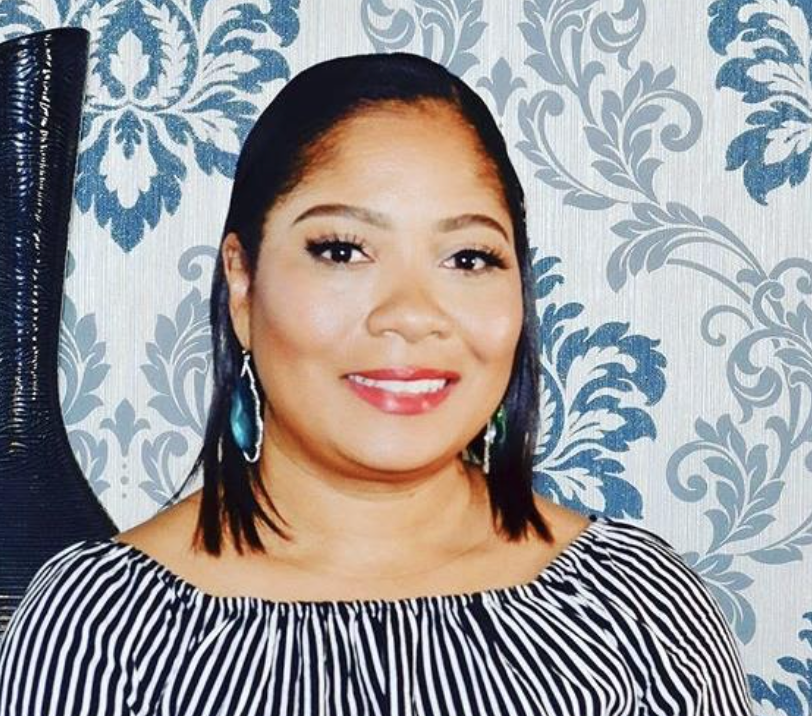Mindfulness is a state of being fully present in the moment without distractions or judgment of the present circumstances or others around us. It means fully embracing our environment with all our five senses and not getting caught up in negative emotions by thinking about the past or worrying about the future. In living mindfully, we are training our brains not to be reactive to negative emotions – which is critical to overcoming difficult situations.
In my book, Holistic Wealth: 32 Life Lessons To Help You Find Purpose, Prosperity and Happiness, I state the following:
“After my husband died, I had a habit of compulsively reconstructing the events of the night in question – something that consumed and haunted me. It was as if I were on my own planet. Not really present here with everyone else, but in my own world reconstructing the scenes in Technicolor: the nurses shuttling around in the emergency room, dispensing medication, checking charts, the sharp smell of formaldehyde in the air. For about a year afterward I smelled formaldehyde everywhere. I had firmly situated myself in the past, not being mindful of the present”. – Holistic Wealth: 34 Life Lessons To Help You Find Purpose, Prosperity and Happiness
Case Study in Mindfulness
As the excerpt above illustrates, living mindfully means being firmly rooted in the present. In this way, the excerpt above becomes the perfect case study that shows how grief can transport us out of the present and firmly root us in the past. If we’re not careful the same script plays over and over and the traumatic memories, scents, and scenes are very difficult to get rid of. Practicing mindfulness, moment to moment is key to managing our emotions on a day to day basis, and knowing how to react calmly to stressful circumstances and difficult circumstances.
A Video Explanation of Mindfulnesss
This video provides an explanation of mindfulness and how it can help us in difficult times.
Mindfulness vs. Mindlessness
In a recent interview with Yahoo Finance’s The Final Round, I indicated that a state of mindlessness is counter to achieving holistic wealth. A state of mindlessness can result in a lack of creativity, lack of resilience, mindless spending and ultimately lead to stunted potential. Mindfulness is necessary in order to fully live in the present and live a holistically wealthy lifestyle.

The Benefits of Mindfulness
Living mindfully can have numerous benefits from decreased stress to increased happiness. On a deeper level, it can lead to increased creativity, better decision-making, increased resilience which all leads to living a holistically wealthy lifestyle. According to the American Psychological Association, “several disciplines and practices can cultivate mindfulness, such as yoga, tai chi and qigong, but most of the literature has focused on mindfulness that is developed through mindfulness meditation — those self-regulation practices that focus on training attention and awareness in order to bring mental processes under greater voluntary control and thereby foster general mental well-being and development and/or specific capacities such as calmness, clarity and concentration (Walsh & Shapiro, 2006)”.
This article contains excerpts of Holistic Wealth. Copyright@ Keisha Blair.
Keisha Blair is the world’s foremost expert on Holistic Wealth and bestselling author of Holistic Wealth: 32 Life Lessons To Help You Find Purpose, Prosperity and Happiness, and the Holistic Wealth Workbook: 32 Life Lessons To Help You Find Purpose, Prosperity and Happiness.
For more information visit www.keishablair.com


